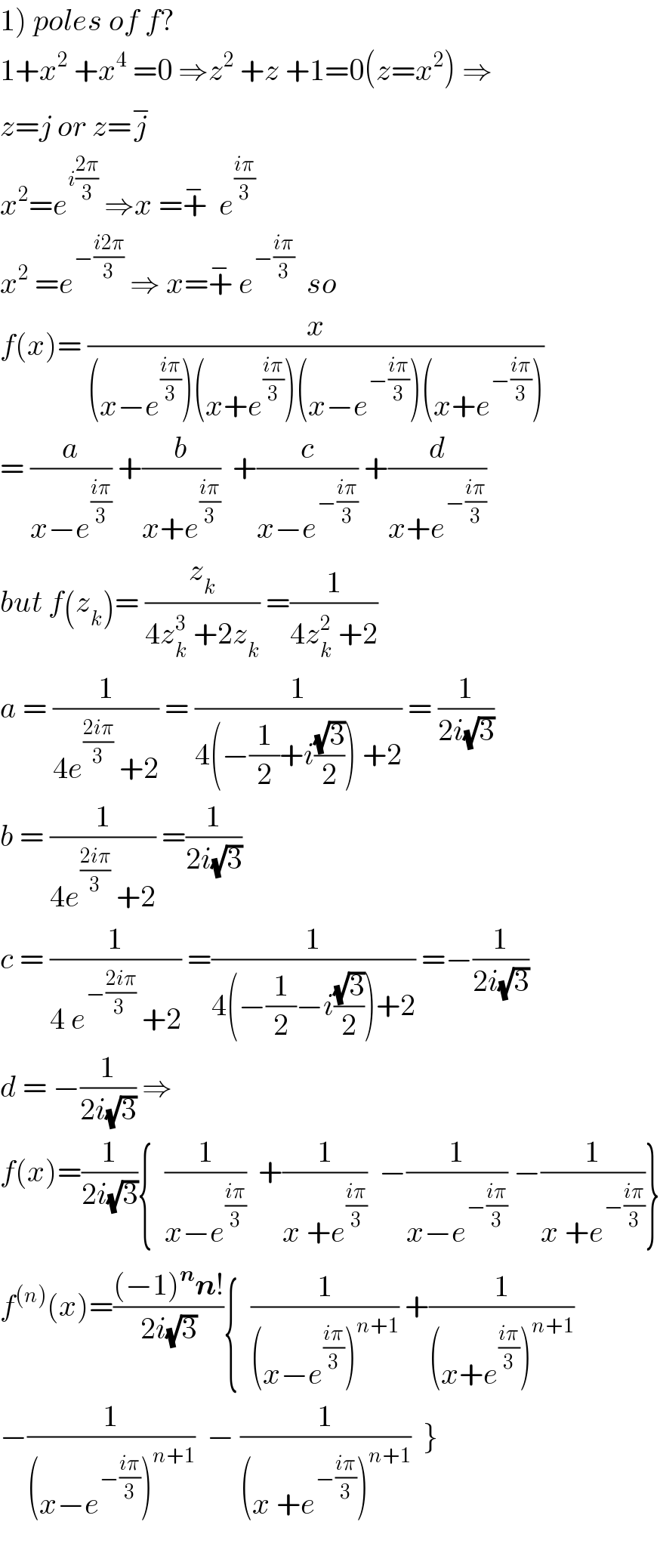Question Number 37282 by abdo.msup.com last updated on 11/Jun/18

Commented by abdo.msup.com last updated on 17/Jun/18

Commented by abdo.msup.com last updated on 17/Jun/18

Commented by prof Abdo imad last updated on 17/Jun/18

Commented by prof Abdo imad last updated on 17/Jun/18

Commented by prof Abdo imad last updated on 17/Jun/18

